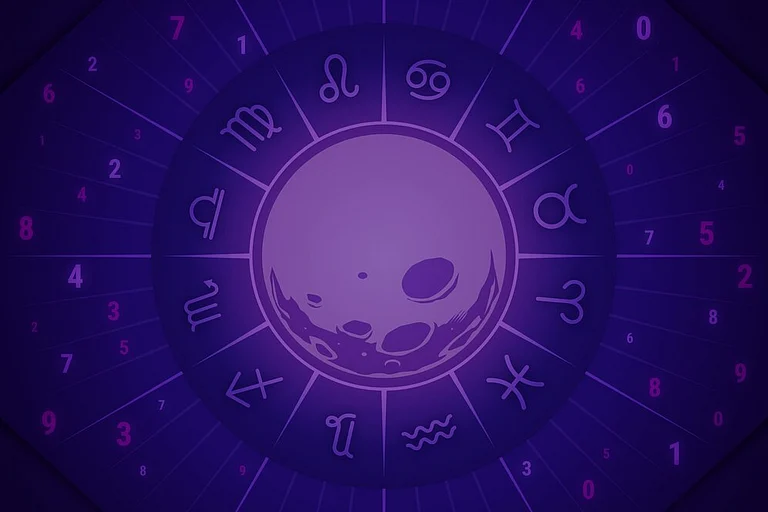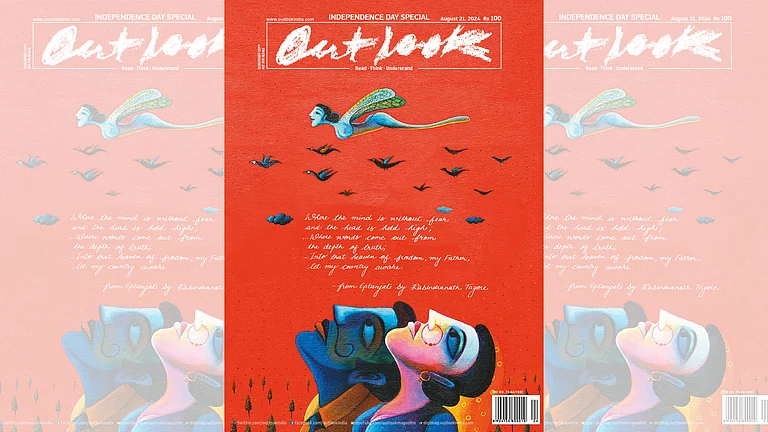WHEN India tested its nuclear devices in the Pokhran desert this year, the Australian reaction was as swift as it was vicious. Indian army personnel at defence colleges Down Under were physically hauled out of classrooms and asked to pack their bags, says a source at the Ministry of External Affairs (MEA) in New Delhi. "Some of the actions they took were unbelievable," said the source. Though there are conflicting reports about the veracity of the story, the army officers have been unavailable for comment. Bilateral defence ties are on hold and Canberra has suspended all senior-level meetings. The MEA, in turn, has warned Indian MPs going to New Zealand in October for the Commonwealth Parliamentary Association to keep off Australia lest they suffer humiliation.
New Delhi sees the Australian government's overreaction as deeply hypocritical. The reason: Australia is the only country in the world that has conducted nuclear tests on its own soil on behalf of another country, namely Britain. Australia also enjoys the US nuclear umbrella. When New Zealand banned visiting nuclear armed US warships, Australia and the US punished the Kiwis by downgrading their membership of ANZUS, which provides US protection to the two nations. "Australia, which has no identifiable nuclear threat, is under the US nuclear umbrella one hundred per cent," says the MEA source. "But India, with two neighbours breathing down its neck, gets criticised. We aren't even asking for a third party's umbrella."
Bill Sweetland, an Australian businessman with 10 years experience in India, is scathing about Australia's present policy. "It only exacerbates Australia's irrelevance in the region—to have an irrelevant country making such hypocritical statements is unsustainable nonsense," he says from his plush office in Claridges Hotel where he works for a US firm. He believes this will take the relationship back about 20 years. India, he points out, is the only country in Asia with which Australia has any commonality—such as language and democracy. "Australia...is out of touch with reality...and I find its stand unsustainable and unsupportable."
But some Indians believe New Delhi's reaction to Canberra is shortsighted. Australians are involved in mining, telecom, and infrastructure projects. And all these are in danger of being sabotaged. "It is a puerile, childish reaction born of the fact that you need to take on the white man—since we can't take on the Brits, Americans or Germans—we pick on a surrogate," says Jairam Ramesh. The Congress economic advisor describes the MEA's behaviour as "punga (roughly: a don't mess with me attitude) which becomes a substitute for policy".
In a strange twist to the tale, the Australian Broadcasting Corporation quoted the new Australian Defence Force chief Admiral C.A. Barrie as saying that after the May tests, all countries may need to possess a small stockpile of nuclear weapons. Spoken just before the ASEAN Regional Forum (ARF) meeting in Manila, the comment was perhaps intended to pressure South East Asia into condemning the tests in India. Barrie, who was addressing the National Press Club in Canberra, however, added that Australia needed to open lines of communication with New Delhi. Taking a grim view of Canberra's agenda, the MEA source is convinced "Australia will miss no opportunity in any international fora to inflict pain on India".
AUSTRALIA'S foreign minister Alexander Downer—who had earned Delhi's ire for comments like: "This is the act of a government that has the utmost disregard for accepted international norms of behaviour"—kept the heat on during his recent visit to Manila for the ARF. "This was probably his main focus there," said the MEA source. South Block is furious that Australia ignored India's explanations of its security concerns while putting diplomatic ties "in a deep freeze".
There are indications that New Delhi plans to punish Australia's pugnacity. "If there is a choice between an Australian product or any other country's product, the Australian is not likely to be favoured," says the MEA source. Australia's exports to India stand at $1.4 billion while India's exports add up to a mere $400 million. Earlier this year India signed a wheat deal of over $200 million with Australia and there are hints that future deals may not go their way again.
A.M. Sethna, chairman, India Australia Council, believes the US has made Australia the cat's paw in Asia over issues like CTBT and WTO. "My guess is Australia is waiting to see how discussions progress between the US and India," he said. "An independent nation waiting for someone else to work something out is a very strange thing." Sethna believes Australia was driven by domestic compulsions to come out against the nuclear tests.
Sethna who was in Sydney during the May tests, said ordinary Australians "equated the explosions with the French tests in the Pacific which would have an impact on the marine life." They saw it as one more natural disaster. The Australian government took cognisance of the prevailing mood and the walls went up.
While this may be one explanation for Canberra's aggression, more than Cartesian rationality is needed to solve the impasse.


























